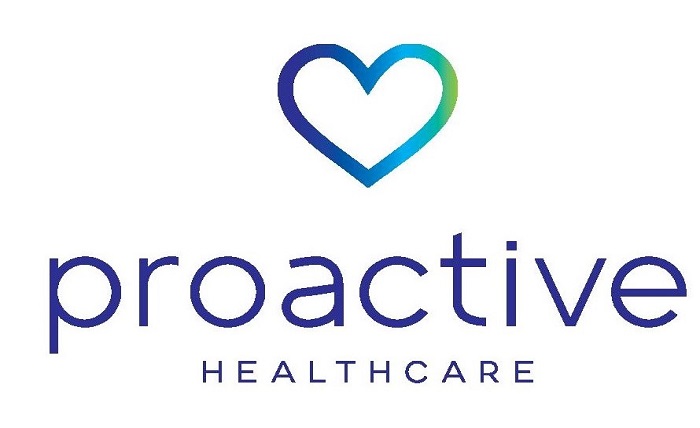A proactive approach to health is a modern approach to staying ahead of potential concerns. By addressing risks early and making informed decisions, men can maintain peak physical and mental well-being. A men’s health center provides tailored solutions, combining advanced diagnostics and personalized care to ensure long-term benefits. Advanced lab testing, including lipid panels and biomarker analyses, offers detailed insights into specific risks.
Regular Health Screenings
Routine check-ups are an essential part of proactive healthcare and are crucial for detecting underlying issues before they escalate. Blood tests, hormone evaluations, and metabolic assessments provide a comprehensive picture of physical well-being. These screenings help identify silent conditions like high blood pressure, diabetes, or low testosterone, allowing timely interventions. Diagnostic imaging, such as ultrasound or bone density scans, adds another layer of precision in detecting abnormalities.
Personalized Fitness Plans
A customized fitness regimen plays a critical role in enhancing strength, stamina, and overall vitality. Men’s centers often develop exercise programs based on an individual’s body composition, age, and lifestyle. These plans improve physical performance and support cardiovascular and musculoskeletal issues. Incorporating resistance training and aerobic exercises tailored to one’s VO2 max and metabolic rate ensures sustainable progress.
Nutritional Guidance
Balanced nutrition is a cornerstone of health optimization. Expert dietary advice ensures adequate intake of essential nutrients, helping men achieve and sustain ideal energy levels. Whether focusing on weight management or improving specific markers like cholesterol, tailored dietary plans align with long-term wellness goals. Micronutrient testing allows for targeted adjustments, ensuring deficiencies are addressed effectively.
Vitamin and Supplement Strategies
Targeted vitamin and supplement regimens are valuable for addressing deficiencies and optimizing energy levels. Commonly recommended nutrients include Vitamin D, magnesium, and omega-3 fatty acids, all of which support metabolic and immune function. Personalized plans ensure the right combination for each individual’s needs. Precision dosages are calculated based on lab results, ensuring maximum efficacy and safety.
Body Composition Analysis
Understanding body composition goes beyond weight management. By measuring fat, muscle, and bone density, this analysis provides actionable insights into physical well-being. Improvements in these metrics not only reduce the risk of chronic conditions but also enhance overall quality of life. Tools such as DEXA scans and bioelectrical impedance devices offer accurate readings for tracking progress.
Hormone Level Assessments
Hormonal imbalances can significantly impact energy, mood, and physical performance. Regular assessments help identify and address issues like low testosterone or thyroid dysfunction. Restoring hormonal balance improves mental clarity, libido, and muscle mass while reducing fatigue. Hormone replacement therapies, when needed, are monitored closely to maintain safe and effective levels.
Lifestyle Modification Support
Implementing changes to daily habits is often the hardest part of maintaining wellness. Professionals provide counseling and tools to support modifications, such as better sleep routines, stress management techniques, and smoking cessation. These changes make a tangible difference in overall outcomes. Techniques such as cognitive-behavioral therapy (CBT) for stress and guided sleep hygiene programs enhance long-term adherence. Common lifestyle improvements include:
- Incorporating consistent physical activity
- Adopting a nutrient-rich diet
- Setting regular sleep schedules
- Reducing stress through mindfulness practices
- Leveraging wearable technology for real-time monitoring
Comprehensive Medical Evaluations
A holistic approach involves detailed evaluations of all bodily systems. These assessments can uncover potential risks, ensuring early action to prevent complications. Comprehensive testing allows for a thorough understanding of one’s well-being, serving as the foundation for personalized care plans. Tests such as cardiovascular stress tests and advanced lipid profiling provide specific insights into heart health.
Men’s health centers offer targeted services to address specific concerns, making it easier to adopt preventative measures. Through early detection and personalized strategies, proactive healthcare empowers men to lead healthier, more fulfilling lives. The integration of evidence-based practices ensures that interventions are not only effective but also scientifically validated.






